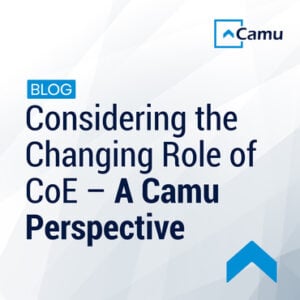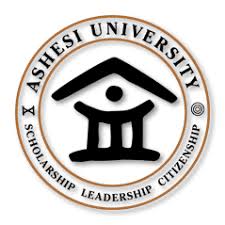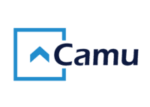
The Efficacy of Formal Education Versus Learning on The Job
The growing challenges that current graduates face every single day are manifold. From repaying hefty student loans, to stripping down unrealistic job expectations, to negotiating meagre salaries and benefits, to improving poor interviewee skills. This is leading many of them to question whether the cost of higher education is well worth the potential reward of a higher income. Does an academic degree prepare students for the realities of a hyper competitive workplace? Moreover, does it guarantee an industry placement?
There is much debate regarding the role of formal, higher education in the path to achieving corporate stability and/or success. Several argue that on-the-job training is much more effective in achieving the same, due to its emphasis on “doing” rather than “watching” and “listening”. Consequently, employees are much better able to put science into practice, especially where practical skills are concerned.
Let’s consider two of the world’s most successful entrepreneurs, Mark Zuckerberg and Bill Gates. While the pair attended Harvard, neither earned a diploma, but both benefited from on-the-job training as founders of Facebook and Microsoft, respectively.
Systematic or Experience-led?
It’s time to set the stage further.
Formal education describes a structured, curriculum based, teacher driven learning methodology that transpires within a school, college or university. Conversely, on-the-job training refers to a practical instruction model that is implemented within the workplace itself. It attempts to make learning processes part of the working experience, using the tools, devices, documents and materials that employees operate with, on a daily basis. The argument arises: is a formal training program a sufficient means/stepping stone to securing full-time employability vis a vie an on-the-job approach?
In truth, there is no simple nor straightforward answer to this question. It is, in fact, a combination of both, theory and real-world experiences, supplemented by attributes like interpersonal skills, communication skills and emotional intelligence, that truly determines one’s employability. Education institutions must, therefore, adapt their teaching and delivery methods to incorporate relevant, industry-specific experiences and imbibe the right combination of expertise, so as to decrease the gap between expectations and reality.
The Better Balance
This is where the concept of T-shaped education comes into the fray. It focuses on moulding individuals with both, depth and breadth of knowledge. So, not only having deep expertise in one area, but broad working knowledge in multiple areas. In essence, developing an interdisciplinary aptitude.
The engineering community in India is embracing the T-shaped concept as an ideal method to prepare practicing engineering graduates for the global economy. This does not go to say that other streams cannot gain from this approach. Because of its ability to combine traditional, hyper-specialised knowledge with more dynamic, cross-sectional capabilities, it holds a lot of merit across disciplines.
Paving the Way Forward!
Having established the need for formal education to become more hands-on, pragmatic, and practicable, let’s highlight a few things that institutions can do to set the ball rolling.
- Redesign curriculums to offer flexibility and choice.
- Align actions to specific goals; Outcome Based Education Model (OBE) helps accomplish this.
- Make courses more relevant and actionable.
- Augment theory with real-world experiences, and empower students to develop solutions to current problems.
- Leverage multi-media tools and technology to make learning more accessible, convenient, engaging and thought provoking.
- Gauge individual student learning curves.
- Encourage collaboration between all stakeholders.
- Partner with industry mentors to offer career counselling.
While these are mere starting points, Camu, leading software and integrated campus management solution provider, is happy to take this conversation further. Until then, can you think of more examples wherein the combined power of theory and practice came into play?







